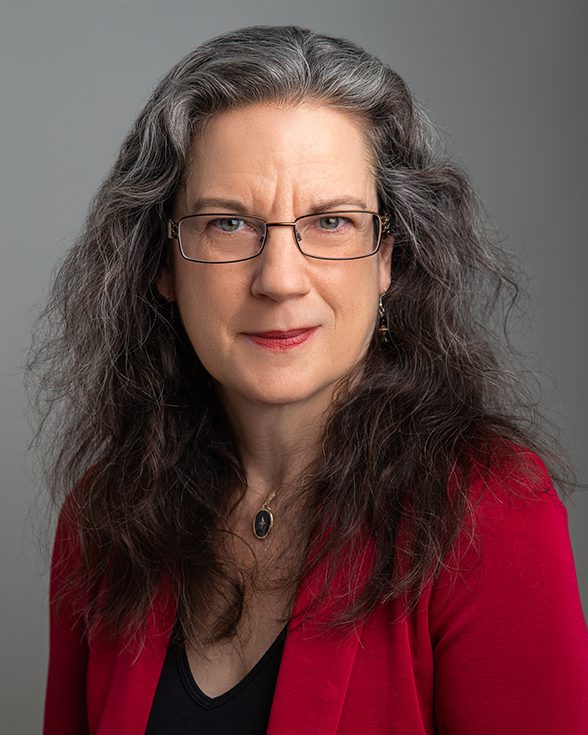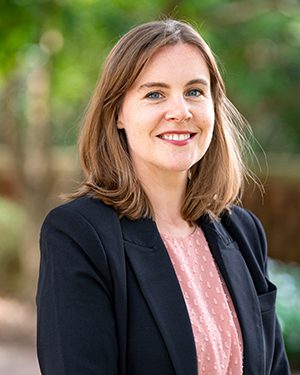Women’s History Month: Exploring the ‘gendered origins’ of the hunger strike

Women’s History Month at Furman
Read more stories >>
Years before Muhammad Ali risked imprisonment for refusing to serve in the Vietnam War, track star Eroseanna Robinson refused to file her income taxes. Jailed in 1960, she used the only tool she had to keep public attention on her cause: a three-month hunger strike.
“You don’t really have a voice in prison, but you do have the ability to say, ‘You may think you have control over my body, but you don’t. I have control over my body, so I’m not going to eat anymore.’ It’s a fairly effective way to resist in prison,” said Victoria Wolcott, a professor of history at the University at Buffalo.
On Thursday, March 21, at 5 p.m., Wolcott will talk about “The Resistant Body: Female Hunger Strikers in Modern America” in McEachern Lecture Hall in Furman Hall. The talk is part of a yearlong Cultural Life Program (CLP) speaker series centered around the theme “The Body,” presented by Furman’s Women’s, Gender and Sexuality Studies (WGSS) program and the Furman Humanities Center.
Hunger strikes were seen in the early 20th century, when women’s suffragist activists in the United Kingdom and the United States began their own highly publicized hunger strikes behind bars.
But what Wolcott, director of the Institute for Research and Education on Women and Gender, calls “the gendered origins of the hunger strike” have largely been overlooked in a society that is more likely to associate a woman’s self-starvation with eating disorders than political activism.
The suffrage movements’ tactics inspired later hunger strikes by Mahatma Gandhi and Irish nationalist Bobby Sands, “using their bodies as a way to protest within the prison walls,” Wolcott said.

Kathleen Casey, director of Furman’s Women’s, Gender and Sexuality Studies
Speakers in the CLP series have all represented different disciplines, including psychology, biology, art and poetry, and have addressed topics such as body image, trans representation and abortion, said WGSS program director Kathleen Casey, a professor of history.
For Casey, who studied under Wolcott as an undergraduate and doctoral student at the University of Rochester, inviting her former professor to campus was a chance to highlight the importance of mentorship among women scholars during Women’s History Month.
“This has been a year to relaunch and expand the WGSS program,” Casey said. “It was also an opportunity for me to bring someone to campus who has had an enormous impact on my own development as an academic. It’s a wonderful full-circle moment.”
“What Kathleen is trying to do (with the WGSS program) covers the entire university,” Wolcott said. “Even though we’re of somewhat different generations, we actually are facing some of the same challenges. When you’re an academic, you need to foster these ongoing relationships.”
Wolcott’s lecture, also sponsored by the Department of History, the M.A. in Advocacy and Equity Studies program and the Center for Inclusive Communities, is “perfectly aligned” with the theme of the WGSS speaker series, which concludes in April with a reading by trans South Carolina poet Evelyn Berry, Casey said.